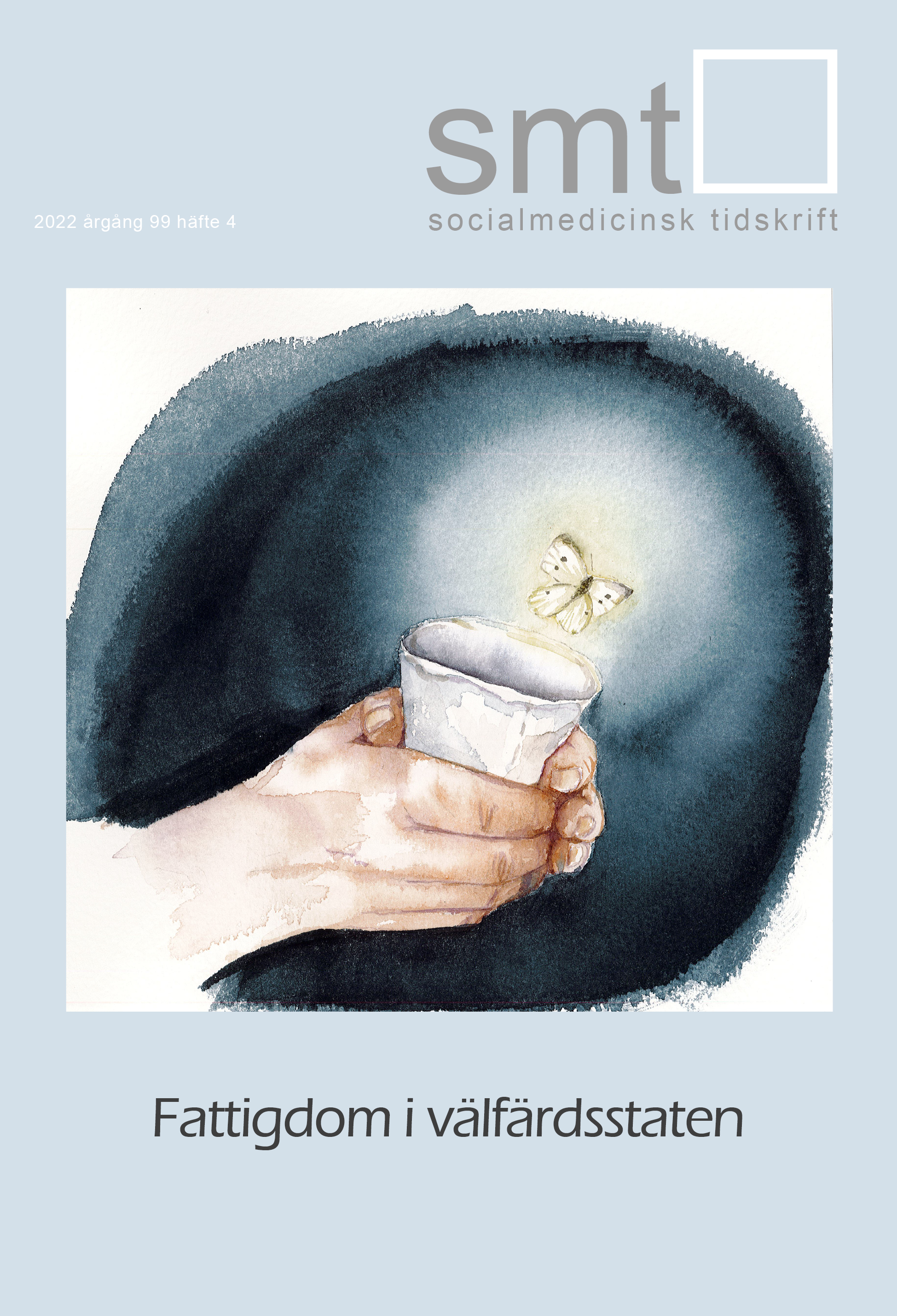Abstract
The purpose of this article is to contextualize food distribution to better understand its significance for poor recipients, civil society organizations, and ultimately also the Swedish welfare model. The article highlights a change where an increased need for free or cheap food for poor groups is handled by an increased supply of food waste distributed by civil society organisations, a seemingly ideal and innovative solution to reduce poverty and the climate crisis. However, the results show tension and a duality between apparent beneficial effects (that food is not thrown away and that people in poverty get affordable food) and surprisingly serious potential side effects and underlying problems. The latter includes the transformation and risk of institutionalization of civil society's work, which may lead to diffusion of responsibility and a mix of institutional logic between public welfare, business, and civil society. In conclusion, a sustainability paradox takes shape, and it suggests that poverty and climate change may be two separate problems that require their separate solutions.

This work is licensed under a Creative Commons Attribution-NonCommercial 3.0 Unported License.
Copyright (c) 2022 Elinn Leo Sandberg, Anna Angelin, Johan Vamstad

